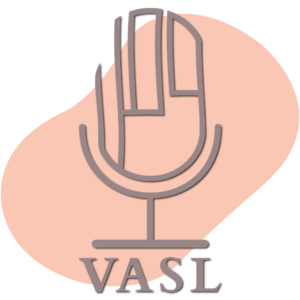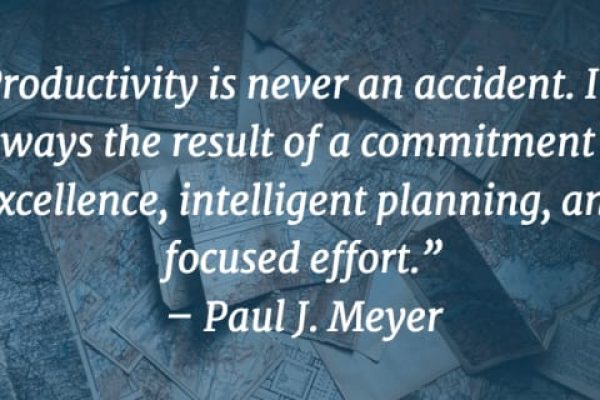July is nearly over, and with its conclusion comes the end of the month in which my daughter was born. I couldn’t be more thrilled despite the sleepless nights; it’s all been worth it. Now, as we move on to discussing time management, especially as a parent, I find it crucial to understand these aspects better. Let’s take a moment to talk about the regular weekly inventory check.
Weekly Inventory Check:
The past week has been overwhelming for me, as it marked my daughter’s first official week. Consequently, my routine has been completely disrupted, and I haven’t been able to keep up with my usual inventory checks. However, I believe doing it together with you all this week will be beneficial. Let’s review our plans for July and assess how the first half of the month went. Have we accomplished what we set out to do? Have we missed anything? Is there still something we need to complete before July ends? And most importantly, are we content with our progress so far? Now, let’s wrap up with some closing thoughts. I’ll share those with you.
Time Management
Effective time management involves the skillful allocation of time to accomplish various tasks and objectives, while minimizing time wastage. Time, being a finite resource, exhibits an inherent efficiency regardless of the quantity of work undertaken. Unlike money, time cannot be replenished or accumulated over time; it instead resets. Optimal productivity is attained by prioritizing fewer undertakings at a given time, ensuring completion of ongoing projects before commencing new ones, and maintaining focus and efficiency in all endeavors. Time management encompasses the allocation of time for interpersonal relationships, professional commitments, and personal well-being. By approaching tasks sequentially and avoiding concurrent engagement, similar to assembling LEGO blocks, one can optimize efforts towards achieving desired outcomes.
Insdividuals often find themselves perplexed when it comes to their perception of work. They frequently express a desire to engage in productive tasks, yet fail to follow through, resorting instead to lamenting their perceived lack of time. These individuals convey a distorted notion of busyness, wherein they strive to project an image of constant activity throughout the day. Consequently, they remain occupied merely for the sake of appearing occupied. Furthermore, there exists a prevalent anxiety surrounding idleness, as individuals feel a sense of discontent when they are not engaged in any tasks. This conveys an erroneous example to others, suggesting that one must consistently work in order to be considered productive. The underlying motivation behind this behavior is the fear of being judged by others, leading these individuals to overexert themselves with excessive workloads.
The presence of an illusion surrounding time allocation can be unsettling, prompting individuals to prioritize the effective management of time in order to accomplish more. A highly recommended approach to time management involves the implementation of a systematic plan. It is advisable for individuals to meticulously plan their entire day, adhering to the established schedule to efficiently balance work and familial responsibilities. One optimal method of planning is through the practice of journaling, as the act of writing enables one to avoid forgetting essential tasks and simultaneously economize time. Planning and journaling serve to facilitate better recollection of commitments and aid in the timely completion of assignments. Additionally, adopting a strategic approach to task completion can be beneficial. For instance, combining a workout session with socializing by exercising alongside a friend can enable individuals to simultaneously engage in conversation and physical exercise, thereby optimizing time. Another way to do it is by dividing your day into four quadrants and plan 2 activities for each one. This way, your whole day is organized and work would seem more achievable. Furthermore, maintaining focus is paramount in effectively managing time and accomplishing tasks within predetermined time frames. Employing the principles of digital minimalism can also yield time-saving benefits, as it reduces distractions arising from excessive social media usage and promotes concentration on more significant matters.
Despite the availability of various conveniences designed to save time, people often fail to enhance the quality of their work. For instance, in the realm of culinary pursuits, modern appliances such as instant pots and microwaves aim to expedite cooking processes, yet the resulting outcomes may not meet the desired standards of excellence. Despite the pervasive presence of time-saving conveniences across numerous domains, people, regrettably, display a lack of efficiency in managing their time. Conversely, certain conveniences, such as online shopping, offer ease and time savings; however, they may not be financially advantageous. Individuals frequently succumb to impulsive buying habits, acquiring items regardless of genuine necessity, thereby accumulating unnecessary possessions. Consequently, it is imperative to recognize the value of time, as it is an irreplaceable resource. One should strive to pursue their aspirations while maintaining efficiency in their endeavors.
Want More?
—Alexander R. Margulis
This article summarizes that time management and organization plans can improve productivity and the quality of life. However, these skills can be difficult to develop and maintain.
Here, the author discusses that conventional time management often is ineffective in combating overload and reducing stress. Its focus on working more efficiently only leads us to take on even more tasks.
This article states that time management” is not a solution — it’s actually part of the problem.
Read of the Week
The 4-Hour Workweek: Escape 9–5, Live Anywhere, and Join the New Rich is a self-help book by Timothy Ferriss, an American writer, educational activist, and entrepreneur. The book challenges traditional work models and introduces readers to an unconventional approach, focusing on the idea of working smarter, not harder. Packed with strategies and actionable insights, the book promises to help readers become part of the “New Rich” and gain more control over their time and income.
Thoughts to Leave You with
While the techniques we are sharing here aim to empower you in managing your time effectively, I must emphasize a crucial point. Taking control of your time may not always align with the pursuit of maximum productivity and efficiency, particularly in a society where value is often equated with output. It is essential to recognize that generating more value in this context does not necessarily translate to increased well-being.
In my view, the key takeaway should be prioritizing your well-being above all else. Focus on activities that bring you joy and happiness first, regardless of their perceived value in terms of productivity or efficiency. It’s perfectly acceptable to have those little moments in your routine that bring you peace, even if they may not contribute significantly to measurable output.
Ultimately, it’s about creating a balanced routine that revolves around you and supports your well-being. Rather than molding yourself to fit societal expectations or productivity standards, build a routine that nurtures your happiness and fulfillment. By doing so, you can find harmony between essential responsibilities and activities that bring you genuine joy. Take a moment to reflect on this concept and consider shaping your routine accordingly. Remember, the goal is not to fit yourself into a rigid framework but to tailor the framework to suit your needs and well-being.


